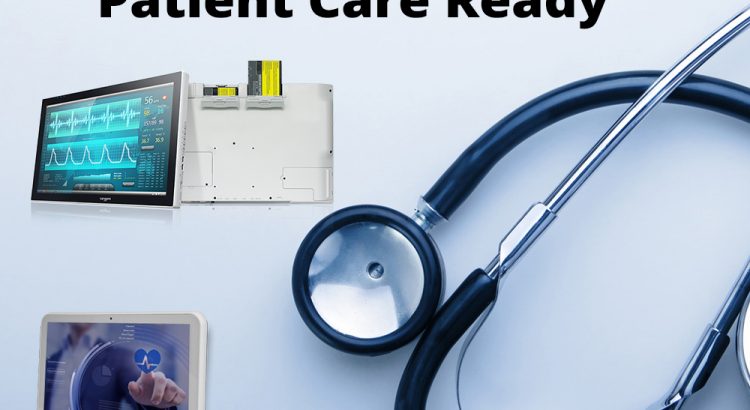Epic Systems is world-renowned for their electronic health records software, but their portfolio has expanded to do much more than just maintain records in the patient care space. They understandably have specific system requirements for successful use of all their powerful features. The recommended screen resolution on a system running Epic is 1920×1080 with at […]
Category: healthcare computer accessories
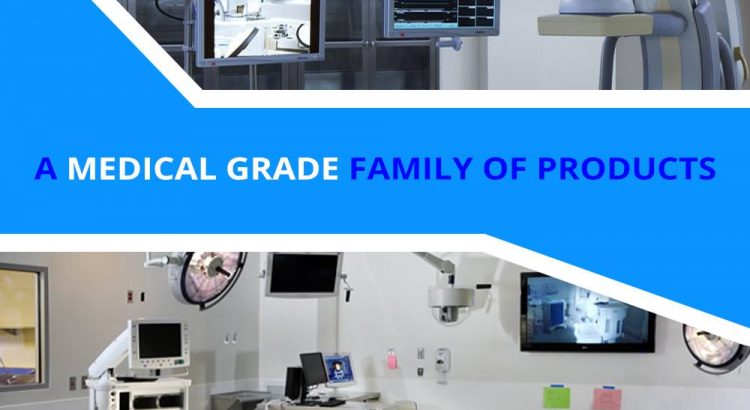
Medical Grade Family of Products
Integrating technology into hospital workflows has been massively transformational to a great many health care systems and providers. An article from Healthcare IT News discusses how a hospital in New York was able to leverage technology to monitor patients and reduce transfers to the ICU by 63%. Staff at Saratoga Hospital were taking patients’ vital […]
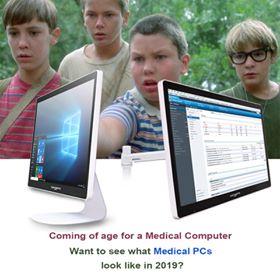
Coming of Age of a Medical Computer
Coming of Age of a Medical Computer In the 1990s, the term “medical computer” didn’t mean much more than a PC in a doctor’s office, or computers set up specifically for order entry, medical database access, or patient surveys. The equipment itself wasn’t anything special or purpose built for the medical field. Nowadays, a […]
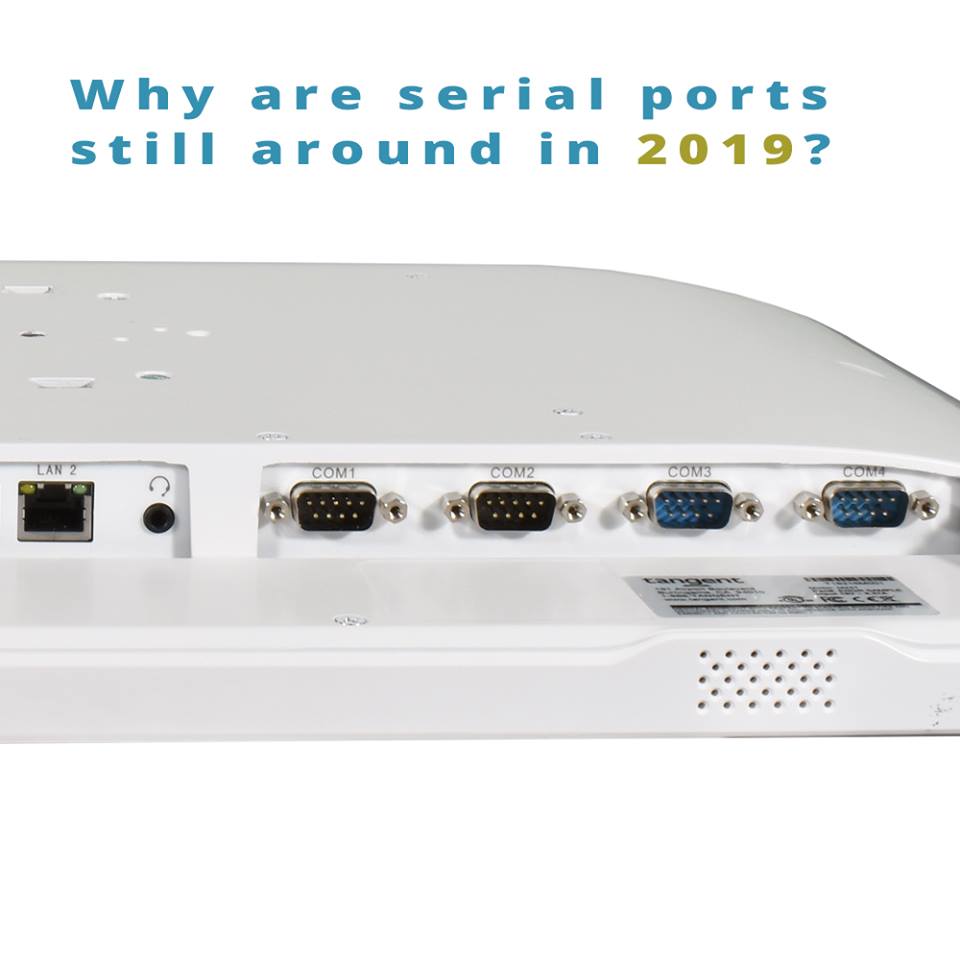
Serial Ports, A Dated Yet Necessary Feature
Serial Ports, An Included Legacy Component With as much new technology that Tangent packs into their all-in-one medical computers, one does not expect to see any sort of legacy components included. However, if you look at the I/O ports on the back of the Tangent M24T medical computer, something surprising is present: three RS-232 DB9 […]
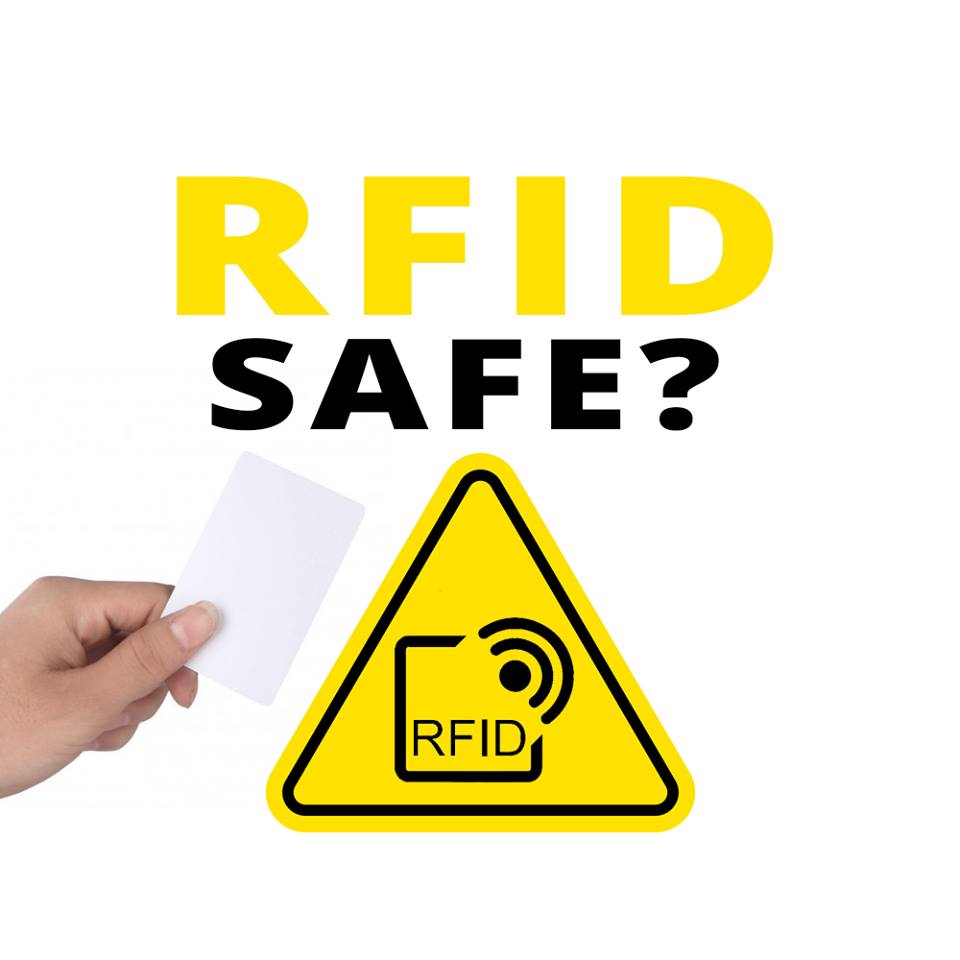
Is RFID Safe?
RFID (radio-frequency identification) technology has been found to generate considerable cost savings and increase efficiency in a variety of sectors like supply chain management, asset management, and information technology departments due to its ability to capture data without any human intervention. Utilizing RFID in healthcare has been explored with great interest in recent years […]

Computer Arm Mounts Increase Efficiency
Computer Arm Mounts Increase Efficiency A medical charting station sounds like a pretty high end technical workstation, but for the longest time, it simply meant a wooden or metal cabinet or desk built into a wall of a clinical room that held physical medical charts. It was space efficient, yes, but hardly any wonder of […]

A Firewall for Your Finger Tips
A Firewall for Your Finger Tips We spend quite a bit of time discussing sanitation on medical computers and monitors, but we’d be remiss to not center some of the spotlight on the computer component that not only provides access to the system but also experiences most of the physical contact: the keyboard. In medical […]
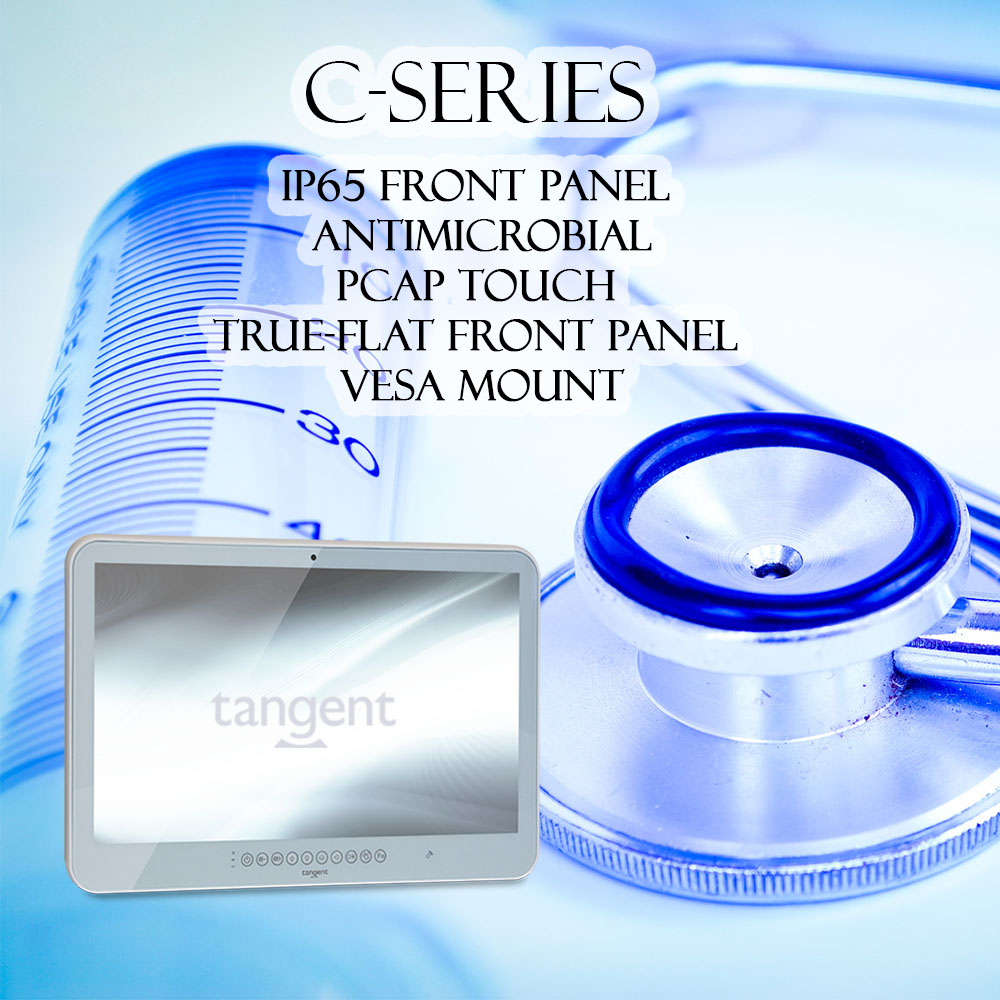
An Ideal Medical Computer for Mobile POC
An Ideal Medical Computer for Mobile POC A common technology feature encountered in most medical facilities is the mobile point of care (POC) cart. In an effort to provide efficient and accurate care and response rates in areas that are often short on space, carts were fitted with casters and small form factor medical […]
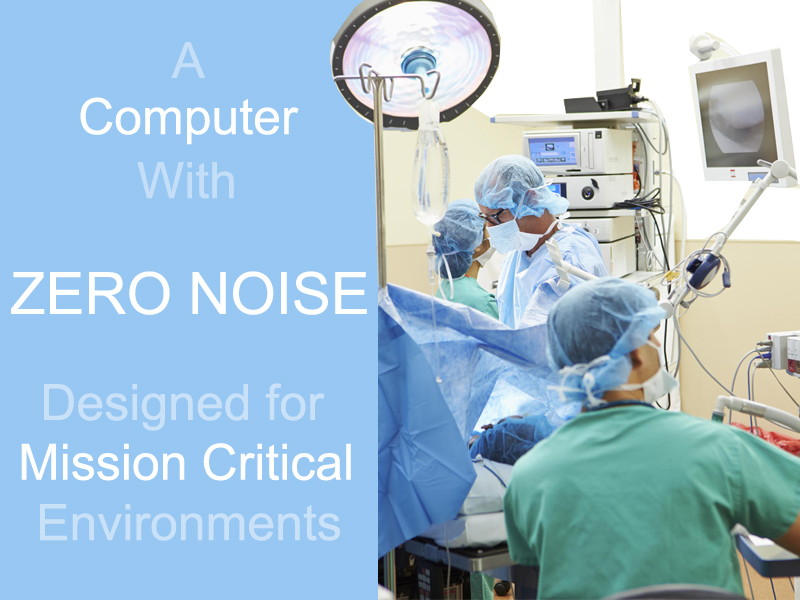
The Surgical Environment and Noise-free Computers: A Complimentary Pair
Tangent’s fanless medical computers contain advanced cooling technology and SSD storage providing noise-free operation. While a silent computer is convenient and desirable, there are specific environments where the noise-free feature is not just a nice commodity, but also a requisite. This article covers the applications of noise-free computers in surgical environments. Operating Rooms: […]
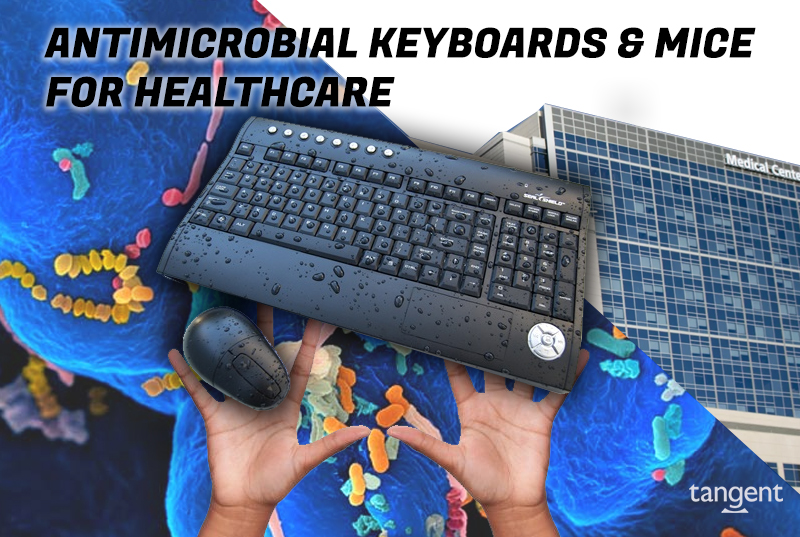
The Significance of Anti-Microbial Keyboards and Mice
The Significance of Antimicrobial Keyboards and Mice Medical grade keyboards and mice are the gateway to secure, sterile, high-quality healthcare. Healthcare computers, carts and tablets receive significant credit in the way they have improved healthcare environments producing more efficiency, sterility and better quality service. Nevertheless, as the adage states: a castle can only stand […]
